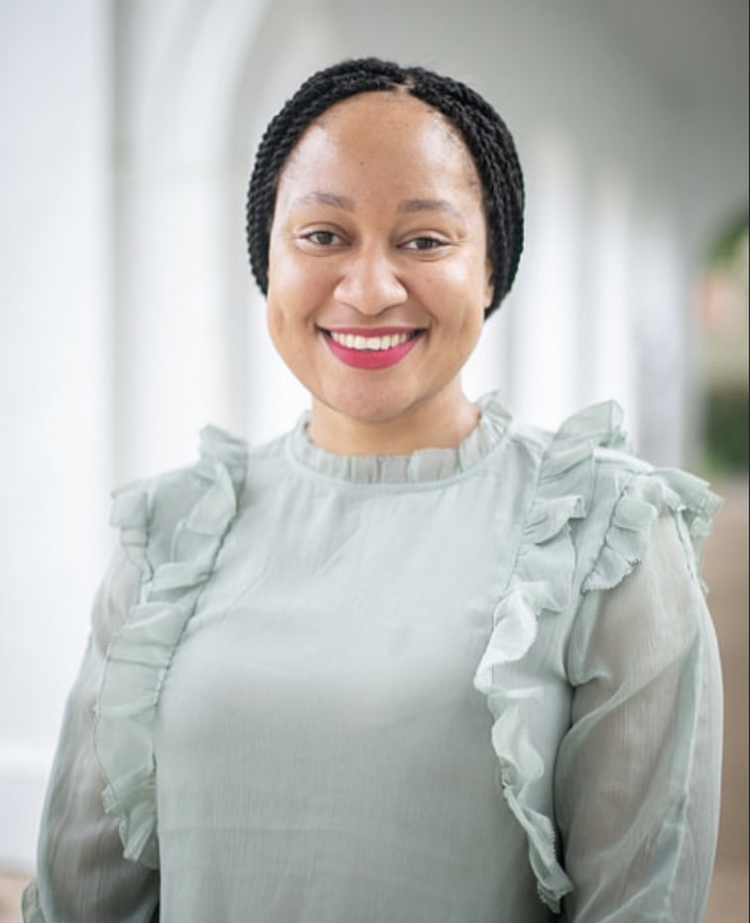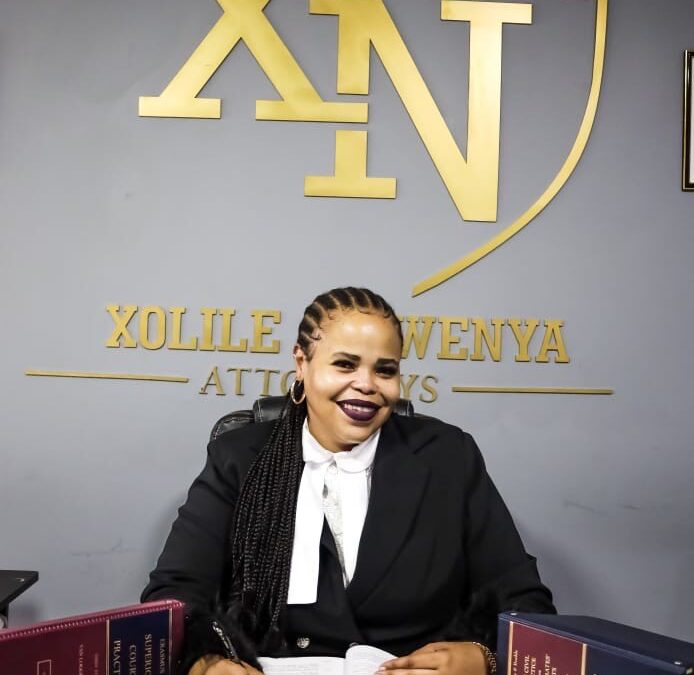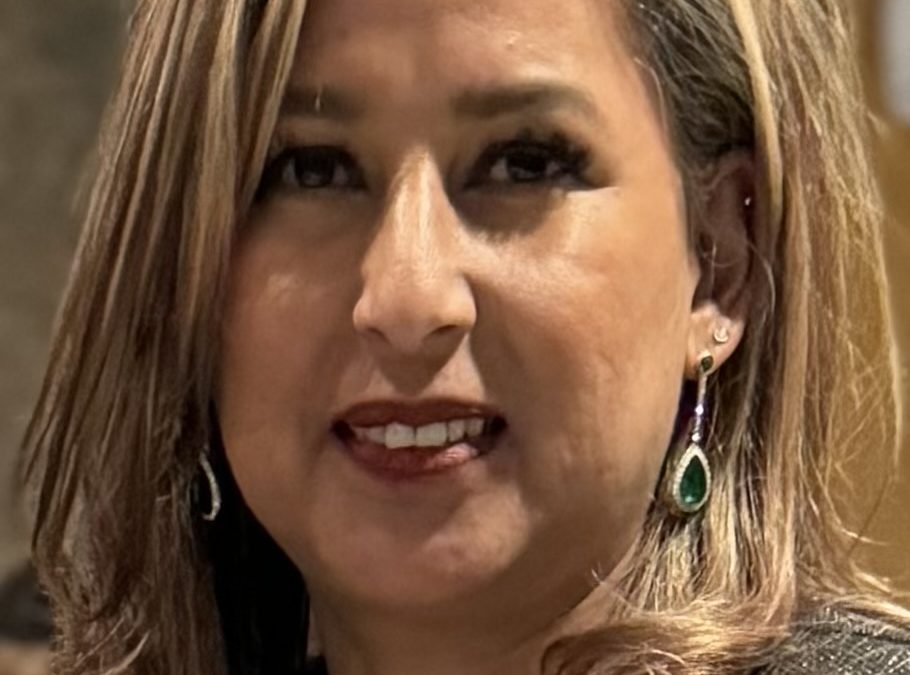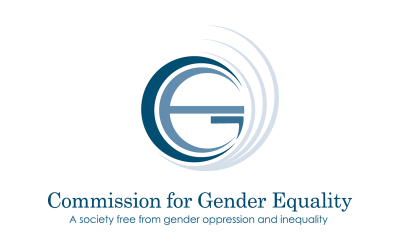Kagiso Annette Maphalle, the chief director of Research and Information Management at the Department of Traditional Affairs, is a passionate advocate for the rights of women and children. Her work focuses on strengthening access to justice and equity within customary law, spanning research on traditional leadership recognition, dispute resolution, the establishment of traditional councils, the documentation of customary succession laws, and advocacy for women’s and children’s rights. She also oversees initiatives supporting land access for rural women, Khoi-San leadership recognition, and the implementation of the Customary Initiation Act. She holds a Master of Laws specialising in African Customary Law from the University of Cape Town and a Certificate in Public Policy from Harvard University. A trained sangoma, Kagiso uniquely merges legal expertise with cultural insight, designing empowerment initiatives that are both effective and culturally informed. Her work has contributed to the 3rd edition of The Law of Persons in South Africa (Oxford University Press), ensuring law students understand legal personhood within traditional contexts and promoting justice for marginalised groups. Kagiso’s guiding philosophy is that a vision need not make sense to others — persistence and results will prove its value. Her inspiration comes from witnessing the challenges women face in rural communities and the lack of African expertise in customary law. She follows the advice: “Whoever tells the story controls the narrative,” using research and advocacy to amplify the voices of women and children and transform lived realities.
QUALIFICATIONS
- Master of Laws, University of Cape Town – specialising in African Customary Law
- Bachelor of Laws, University of Venda
- Certificate in Public Policy, Harvard University
ACHIEVEMENTS
I am proud of my most recent contribution and participation in the textbook publication The Law of Persons in South Africa, 3rd edition, Oxford University Press, which is a prescribed textbook for first-year law students at all universities in South Africa. This is an important achievement because, for the first time, law students are being taught about the concept of a person as a legal subject from the perspective of traditional settings, which was previously not the case. This ensures that, when the students become qualified lawyers, they are able to serve marginalised groups of people living in rural communities with their legal matters from a place of understanding, which increases access to justice and makes human rights a reality for people living in rural communities.



























